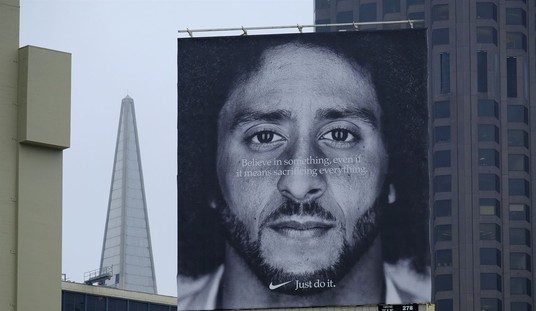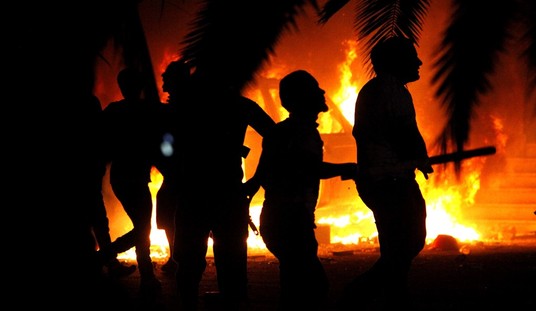When you’ve got two core First Amendment principles to guide you, even a big case can be an easy one.
In what may be its most significant religious liberty decision in two decades, the Supreme Court on Wednesday for the first time recognized a “ministerial exception” to employment discrimination laws, saying that churches and other religious groups must be free to choose and dismiss their leaders without government interference…
The administration had told the justices that their analysis of Ms. Perich’s case should be essentially the same whether she had been employed by a church, a labor union, a social club or any other group with free-association rights under the First Amendment. That position received withering criticism when the case was argued in October, and it was soundly rejected in Wednesday’s decision.
“That result is hard to square with the text of the First Amendment itself, which gives special solicitude to the rights of religious organizations,” Chief Justice Roberts wrote. “We cannot accept the remarkable view that the religion clauses have nothing to say about a religious organization’s freedom to select its own ministers.”
I recommend reading Walter Olson’s piece at Cato from October for background on the case, as his post drips with amazement that Obama’s DOJ would try to argue that religious orgs enjoy no extra freedom in their hiring practices under the Establishment and Free Exercise Clauses. His amazement was obviously shared: I can’t remember the last time a major decision on a hot-button issue went 9-0. What the DOJ could have done — and where this line of jurisprudence is clearly headed — is to quibble over who qualifies as a “minister” for the ministerial exception. Employees who provide strictly secular services for a religious org can sue under discrimination laws, but once there’s some sort of religious component involved, jurisdiction starts to melt away under the First Amendment. (In this case, the teacher had taught not just secular subjects but religious classes too.) Alito wrote a concurrence that was joined by Kagan(!) specifically arguing that the ministerial exception should apply broadly, “to any ’employee’ who leads a religious organization, conducts worship services or important religious ceremonies or rituals, or serves as a messenger or teacher of its faith. If a religious group believes that the ability of such an employee to perform these key functions has been compromised, then the constitutional guarantee of religious freedom protects the group’s right to remove the employee from his or her position.” The Court didn’t reach that question but it will in a later case, especially as conflicts between gay rights and religious freedom become more prominent.
I wonder if this ruling will encourage religious orgs to give more ancillary religious duties to their employees, if only for liability purposes. Incentives are, after all, incentives. Exit quotation from Olson: “The fact is that to many in the Obama administration, as to many in modern legal academia, employment discrimination law is itself pursued with the intensity of, well, a religion. And when someone else’s religion comes into conflict with theirs — well, it’s only human nature for them to want theirs to prevail.”








Join the conversation as a VIP Member